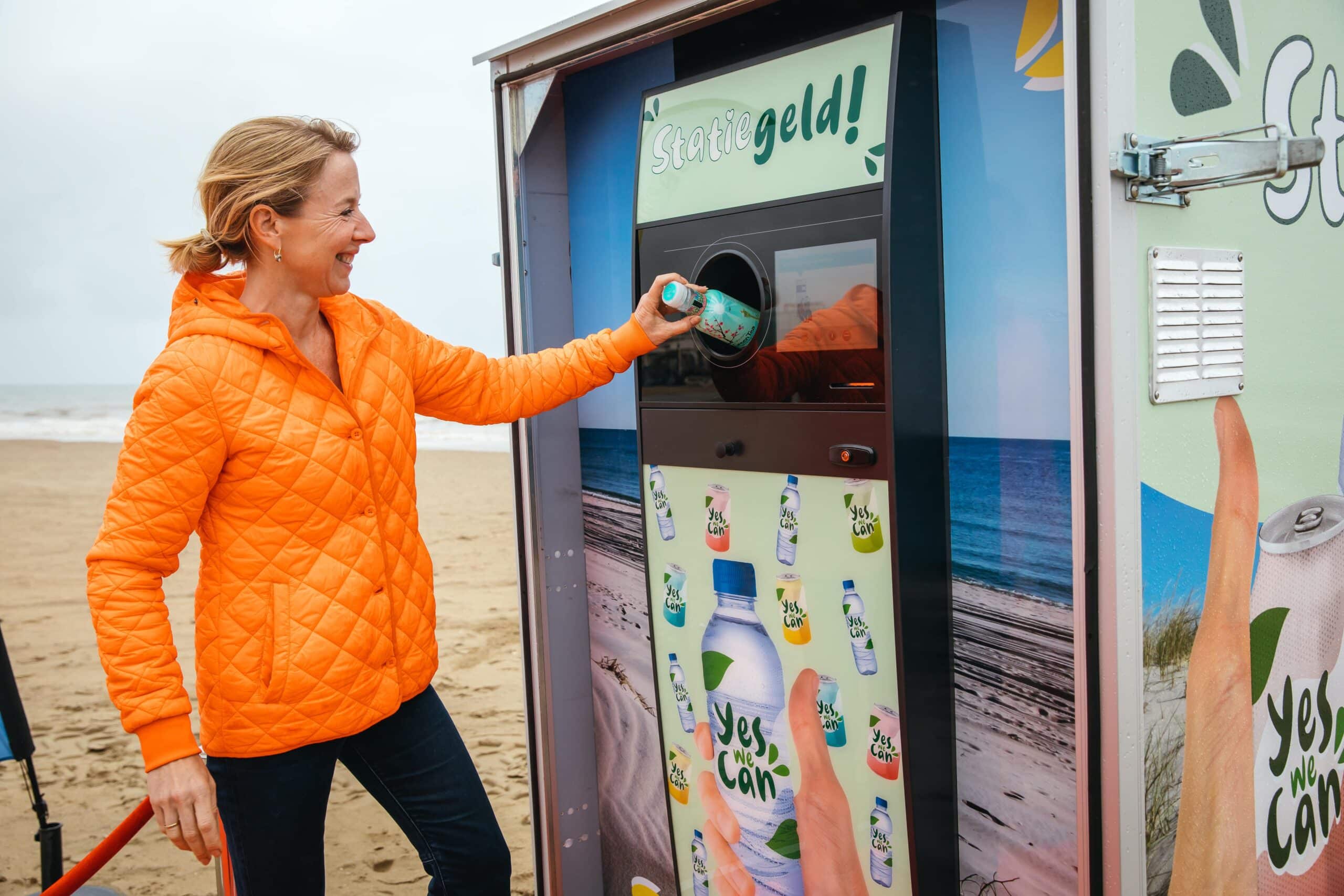
Flaws in environmental policy
Our years of experience have made us realize that with only a focus on the content of environmental policy, the major and urgent changes needed will not be realized, or not quickly enough. Despite stated ambitions and agreements made, over the past 100 years the Earth’s average temperature has increased by 1.2 degrees, and our economy is only 24.5% circular.
Daarom zijn we het Weeffouten-project gestart, waarbij we kijken naar de manier waarop milieubeleid wordt gemaakt en uitgevoerd.
more than environmental organizations
In this project, we ask ourselves whether we in the Netherlands are taking the right approach and creating the right policies for these environmental crises. Together with Milieufederatie Noord-Holland and anti-corruption organizations Transparency International Netherlands and Corporate European Observatory, we are looking at the way environmental problems are decided and what systemic errors, or “flaws,” we find in them.


our approach
Based on our experience with environmental policy and decision making with integrity, we have identified several lapses. The goal is to establish interventions that address and resolve these systemic errors so that they no longer get in the way of good environmental policy. We do not do this alone; we engage in dialogue on this with stakeholders such as NGOs, officials, politicians, scientists and journalists as with the broader society. Because everyone benefits from having good environmental policies drafted quickly.

research questions
Some relevant questions within the contraction project are:
- Where and with whom are decisions made on environmental issues?
- What customs and unwritten rules come into play?
- How can external stakeholders provide input, and do all these parties have equal access to the policy-making process?
- Who determines the level of ambition of environmental policy and how?
- How transparent is this decision-making process?
- What happens when environmental policies are not properly implemented?
case studies
In this project, we are working with case studies to demonstrate the existence of flaws in environmental policies and to show that they are not incidents. A good example is the deposit dossier. Deposits are a relatively small measure, whose positive environmental impact had long been proven and which enjoyed tremendous public support. Yet it took 20 years of political debate before the Dutch government decided to introduce deposits on plastic bottles and cans. This slowness, unfortunately, is no exception. We simply cannot afford this anymore, and so it is time for a different approach.


